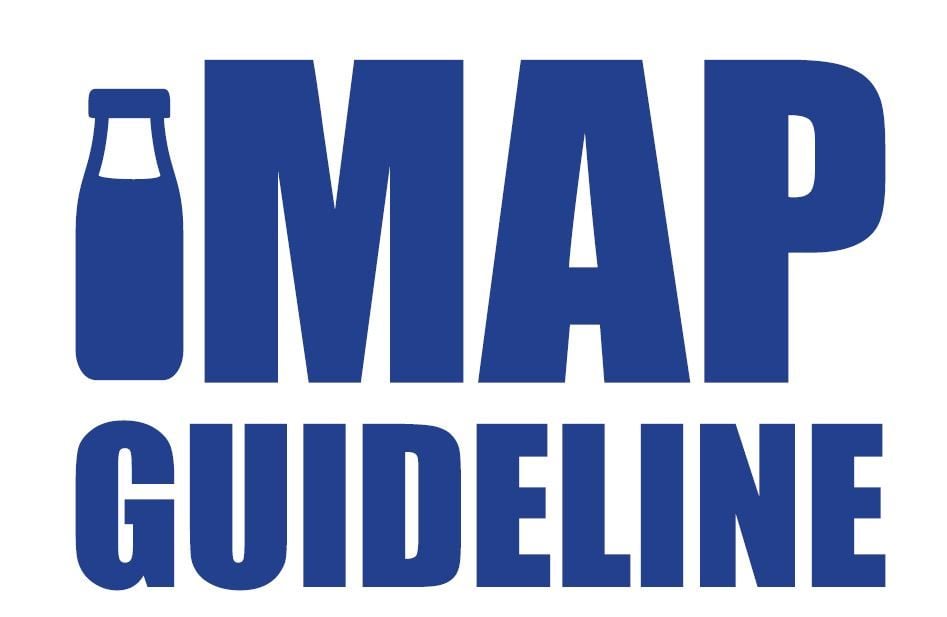An important message from the authors
The authors of the MAP guidance (2013), which has since been replaced by the iMAP guidance (2017), would like to highlight some important points. The iMAP guidelines were developed by the consensus expert opinion of 12 international clinicians, each with a special interest in milk allergy. These MAP guidelines are published in open-access peer-reviewed scientific journals, which allows for maximum access, but also means permission is not required to reproduce them. The guidelines have found increasing acceptance amongst both UK and international healthcare professional colleagues, which has also resulted in industry electing to use them in marketing/educational initiatives. It is, therefore, important for us to emphasise that the guidelines were developed, published and remain free from any form of industry support.
The motivation for producing the guidance was the published under- and delayed recognition of non-IgE mediated milk allergy. Most of the authors were involved in the 2011 NICE Guideline for Assessment and Diagnosis of Food Allergy and thought that a more specific UK primary care-focused guideline for delayed-type milk allergy could make a real difference.
In using the MAP guidelines, it is critical to remember that milk allergy effects less than 2% of UK infants. Diagnosis is a particular challenge, as most of the typical symptoms are very common in well babies. In fact, most babies will suffer from these symptoms from time to time and, of course, the overwhelming majority do not have a milk allergy and do not need further assessment for this. However, in infants where these symptoms are multiple, significant, persistent as well as resistant to medical treatment, it is important to consider this diagnosis. At this point, clinical judgement, together with discussion with parents, is required to decide if a diagnostic milk exclusion is warranted. This must be followed by reintroduction of cow’s milk, if the diagnosis is to be confirmed or excluded. This is now a NICE Quality Standard and failure to do this will lead to unnecessary over-diagnosis.
We have asked the charity, Allergy UK, to host the iMAP guideline to allow us to update it over time and provide useful accompanying resources. This can all be found here...

